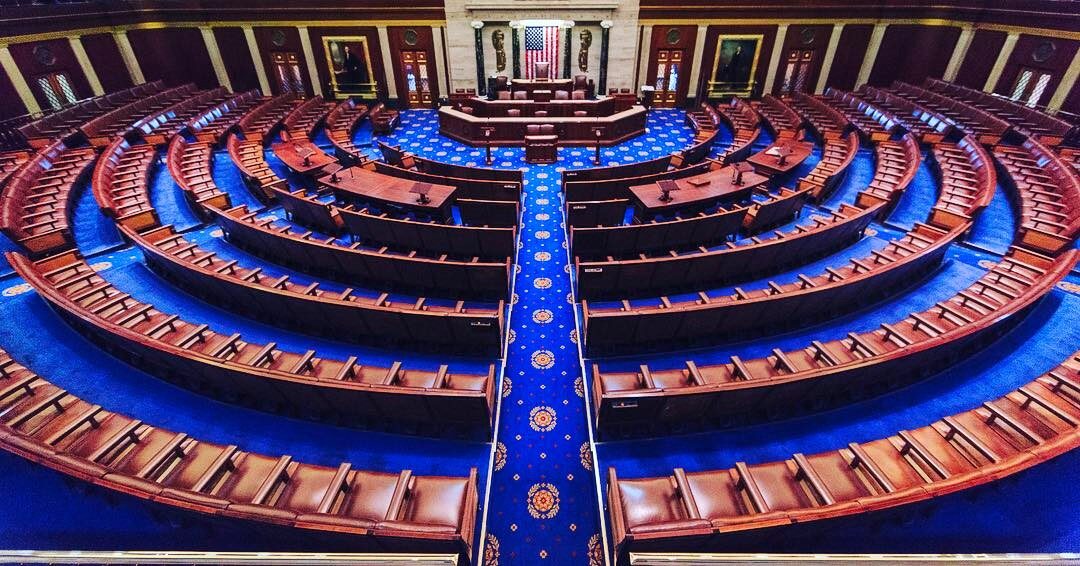For someone who describes himself as a master negotiator, U.S. President Donald Trump has not inspired a lot of support for his ideas, including within his own party. After Trump issued a budget proposal in March that would gut renewable energy funding and eliminate entire research programs, a rather sharp response has come back a bipartisan Senate subcommittee.
Earlier this week the U.S. Senate Subcommittee on Energy and Water (part of the Committee on Appropriations) issued its own budget proposal, with Subcommittee Chair Lamar Alexander (R-TN) slamming the “unrealistic” budget proposal from Trump.
This is far from the first time that Trump’s budget priorities have been publicly denounced. Last month a letter signed by a coalition of business interests including representatives of DuPont, Lockheed Martin and Shell Oil called on Congress not to implement the president’s proposed cuts.
Energy and Water’s bill would keep funding for the U.S. Department of Energy’s Office of Energy Efficiency and Renewable Energy at $1.9 billion.* While this represents a slight decrease from current levels, it is far better than the 70% that the president requested.
It would also provide $330 million for the Advanced Research Projects Agency – Energy (ARPA-E), which Trump proposed eliminating.
There is one area in which the Subcommittee on Energy and Water concurs with the president, and that is in a willingness to do away with the Title 17 Loan Guarantee program. “We used the savings from eliminating this lower priority program to fund higher priority science and energy research and development work in the bill,” noted Senator Alexander.
This is not the end of the world for solar. While the program jump-started large-scale solar and wind projects during President Obama’s first term, now that ample private capital is available the solar industry has largely outgrown the need for government-backed loan guarantees, and a recent award was made to failing carbon capture and storage technology.
And while the subcommittee’s bill contains ample funding for nuclear power, including more money for advanced reactors, it also eliminates a $50 million U.S. contribution to the International Thermonuclear Experimental Reactor in France.
This is just the beginning of the horse trading, as the subcommittee bill is now being folded into larger Appropriations bills, and will be negotiated against both the House’s version and the president’s proposal. But if the 2017 budget is any example, it is likely that Congress will again reject Trump’s bizarre, anti-science proposals and issue a budget which is not a radical departure from past budgets, at least as far as research and energy funding goes.
Editor’s note: This $1.9 billion figure comes from Axios. The text of the bill was not available at the time that this article was written.
This content is protected by copyright and may not be reused. If you want to cooperate with us and would like to reuse some of our content, please contact: editors@pv-magazine.com.









By submitting this form you agree to pv magazine using your data for the purposes of publishing your comment.
Your personal data will only be disclosed or otherwise transmitted to third parties for the purposes of spam filtering or if this is necessary for technical maintenance of the website. Any other transfer to third parties will not take place unless this is justified on the basis of applicable data protection regulations or if pv magazine is legally obliged to do so.
You may revoke this consent at any time with effect for the future, in which case your personal data will be deleted immediately. Otherwise, your data will be deleted if pv magazine has processed your request or the purpose of data storage is fulfilled.
Further information on data privacy can be found in our Data Protection Policy.